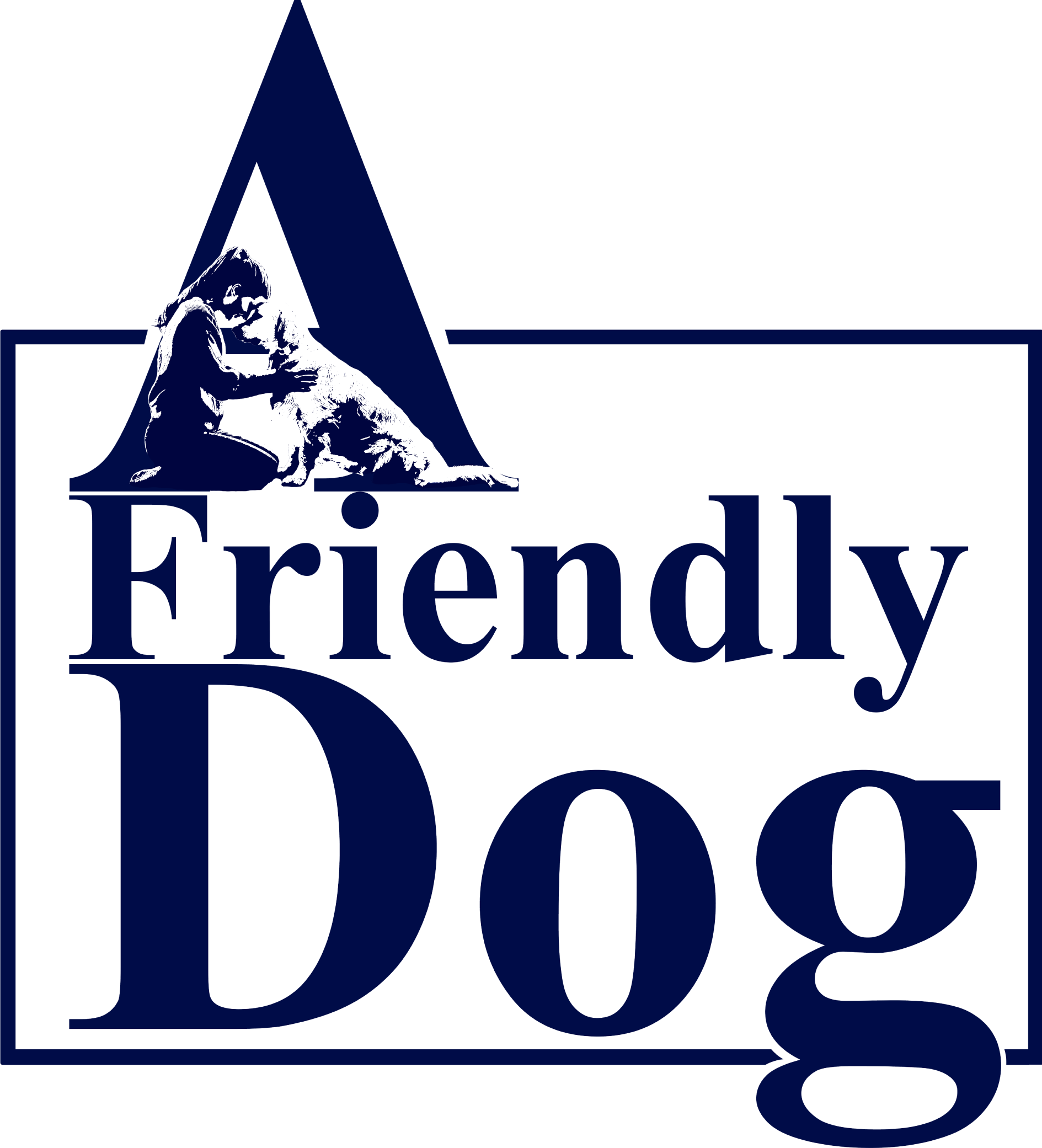After receiving vaccinations, some dogs may experience a temporary decrease in appetite, resulting in them feeling a bit down. Typically, this lasts for a day or two, but if it persists or if you observe any other signs of a vaccine reaction, it is important to reach out to your veterinarian for assistance.
Apart from minor dental issues like a sore tooth, dogs may refuse to eat if they are dealing with more severe dental problems such as tooth root abscesses or mouth tumors. If you notice any bleeding or growths in your dog’s mouth, it is crucial to schedule a check-up with your veterinarian immediately.
Various serious health conditions, including thyroid problems, heart disease, pulmonary disease, kidney failure, and cancer, can lead to a decrease in appetite. It is important to take any unexplained decline in appetite seriously, as some of these conditions may not initially present noticeable accompanying symptoms.
Apart from the aforementioned causes, there are several other factors that can lead to a dog’s loss of appetite. These include:
- Excessively warm weather: Dogs may lose their appetite during hot weather due to discomfort and dehydration.
- Pain: Injuries or joint conditions like arthritis can cause pain, leading to a decreased desire to eat.
- Viruses or infections: Serious illnesses such as parvo can result in a loss of appetite in dogs.
- Pancreatitis: Inflammation of the pancreas can cause abdominal pain and a reduced appetite.
- Bloat: Also known as Gastric Dilatation Volvulus, this condition involves the stomach twisting, leading to discomfort and loss of appetite.
- Ulcers: Dogs with ulcers may experience pain and discomfort while eating, causing them to avoid food.
- Breeding activity: Female dogs in heat or pregnant dogs may experience a temporary loss of appetite.
- Chemotherapy or radiation treatments: Dogs undergoing cancer treatments may have a decreased appetite as a side effect.
While it is normal for dogs to occasionally skip a meal or show disinterest in their food, sudden and persistent changes in eating habits should be taken seriously. To evaluate your dog’s lack of appetite, consider the following:
- Age and health: If your dog is older or has pre-existing health conditions, rule out any underlying medical issues first.
- Behavior observation: Pay close attention to your dog’s behavior for signs of anxiety, stress, or any significant changes in eating patterns.
- External factors: Consider any recent life changes or events that may have affected your dog’s appetite, such as a move, the arrival of a new pet or baby, or recent vaccinations.
It is crucial to address any sudden changes in your dog’s eating habits. Begin by ruling out potential health issues, then assess any behavioral factors or external events that may be impacting their appetite. If you have consulted with your veterinarian and ruled out any health concerns, but your dog continues to refuse food, it is possible that you have a picky eater on your hands.

